The cost of putting on an event the scope of the Olympics has risen to astronomical levels, even pricing major cities in powerful countries out of the running. In short, the Olympics have become too big for their own good, leading some who cover the event, including Jay Busbee and Kevin Kaduk of Yahoo Sports, to wonder if the Olympics will still exist in 20 years.
If the 7.2 billion dollars NBC paid last year for broadcast rights through 2032 is any indication, it’s clear the Olympics are still a lucrative venture for someone. Namely, the brands.
NBC didn’t give the IOC nearly one dollar per human on the planet because it doesn’t expect to get that money back. Brands will pay top dollar to associate with champions, specifically American champions, which means beaucoup advertising dollars going to broadcast partners, and the United States Olympic team, and its subsidiaries, including U.S.A. Track & Field.
Every brand wants to be associated with a winner, and when that winner is wearing an American flag-adorned warm-up from Nike that patriotic fans can purchase for $125 a pop on the USOC website during the Games, everybody wins.
http://gty.im/478921018
Well, everybody except the athletes without Nike deals.
That’s the position United States track champion Nick Symmonds finds himself in this summer, as the USA Track & Field sponsor Nike is not cool with Symmonds wearing anything that promotes his personal sponsor Brooks while representing the USATF.
The dispute became such an issue, per Jeré Longman of the New York Times, that Symmonds was left off the U.S. team for the world track and field championships this August.
Symmonds has refused to sign a document that requires American athletes to wear gear made by Nike at official team functions at the world championships, which begin Aug. 22 in Beijing. Nike is the official sponsor of U.S.A. Track & Field.
Symmonds, 31, who is sponsored by Brooks Running, called the document vague and overreaching. He said he was willing to wear Team USA gear during competition and official news conferences and at any awards ceremony. But he said that a request by U.S.A.T.F. to bring no gear other than Nike gear — except for shoes, sunglasses and watches — violated his contract with Brooks.
Symmonds is meeting with lawyers to figure out what options he has, stating, “I feel I’ve been wronged here, and there have been some significant damages to my business. I want to try to recover some of those damages.”
There was a time, probably well before Reebok’s famed Dan and Dave debacle of 1992, when amateurism seemed tantamount to the Olympic spirit, itself. Now, there’s nothing amateur about situations like the one Symmonds finds himself, other than the way both sides seem to be handling it.
First, Symmonds comes off in the Times story a little like someone who cares more about making money than representing his country. While that may be an unfair characterization of Symmonds as an athlete, that’s the way the story is framed, given the fact he’s looking for “damages” over, say, his rightful spot on the team.
http://gty.im/478913328
The bigger concern, of course, is the way USATF and Nike handle their branding partnerships, clearly to the detriment of the athletes who wear the Nike gear under that deal. Not wanting other logos to be seen during medal ceremonies is one thing—hello Dream Team—but not allowing athletes to be sitting in their hotel coffee shop wearing sponsored gear seems ridiculously unfair to the athletes, especially in sports that aren’t exactly cash cows.
Symmonds talked to the Times and Huffington Post about the disparity between what the USATF earns from sponsorships and what is given to the athletes. Track and field competitors, Symmonds pointed out, are not unionized, serving essentially as independent contractors, making revenue sharing much more difficult than other sports. Again, per the Times article:
Symmonds cited a study by Andrew Zimbalist, an economist at Smith College, who estimated that U.S.A.T.F. would share 8.06 percent of its expected 2015 revenue of $42.92 million with its athletes. That is compared with revenue sharing of 25 percent to 35 percent in other individual pro sports and 45 percent to 55 percent in pro team sports, the study said.
“It’s insulting how little comes to the athletes,” Symmonds said in an interview.
USATF shot back at Symmonds, telling the Times the federation shares roughly half of it’s $30 million with athletes, “in the form of prize money; training, travel and coaching stipends; health insurance; and television production costs.”
Somehow it all comes back to TV, doesn’t it? And by the way, those revenue figures aren’t even in the same Olympic ring as one other if Andrew Zimbalist estimates that United States track and field athletes will share just under $3.5 million in revenue while Jill Greer, the spokesperson for USATF, is putting that number around $15 million.
Somebody is making money off the Olympics. At this point, it’s the biggest (read: only) reason they still exist. Symmonds wants it to be the athletes, not just the brands.

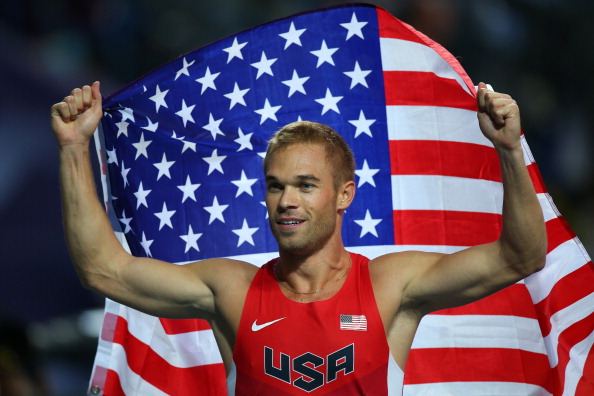
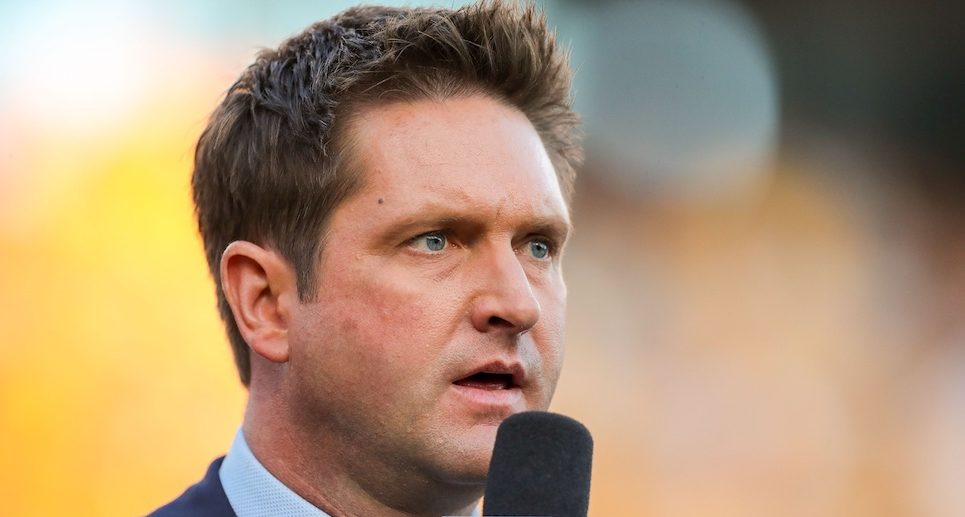
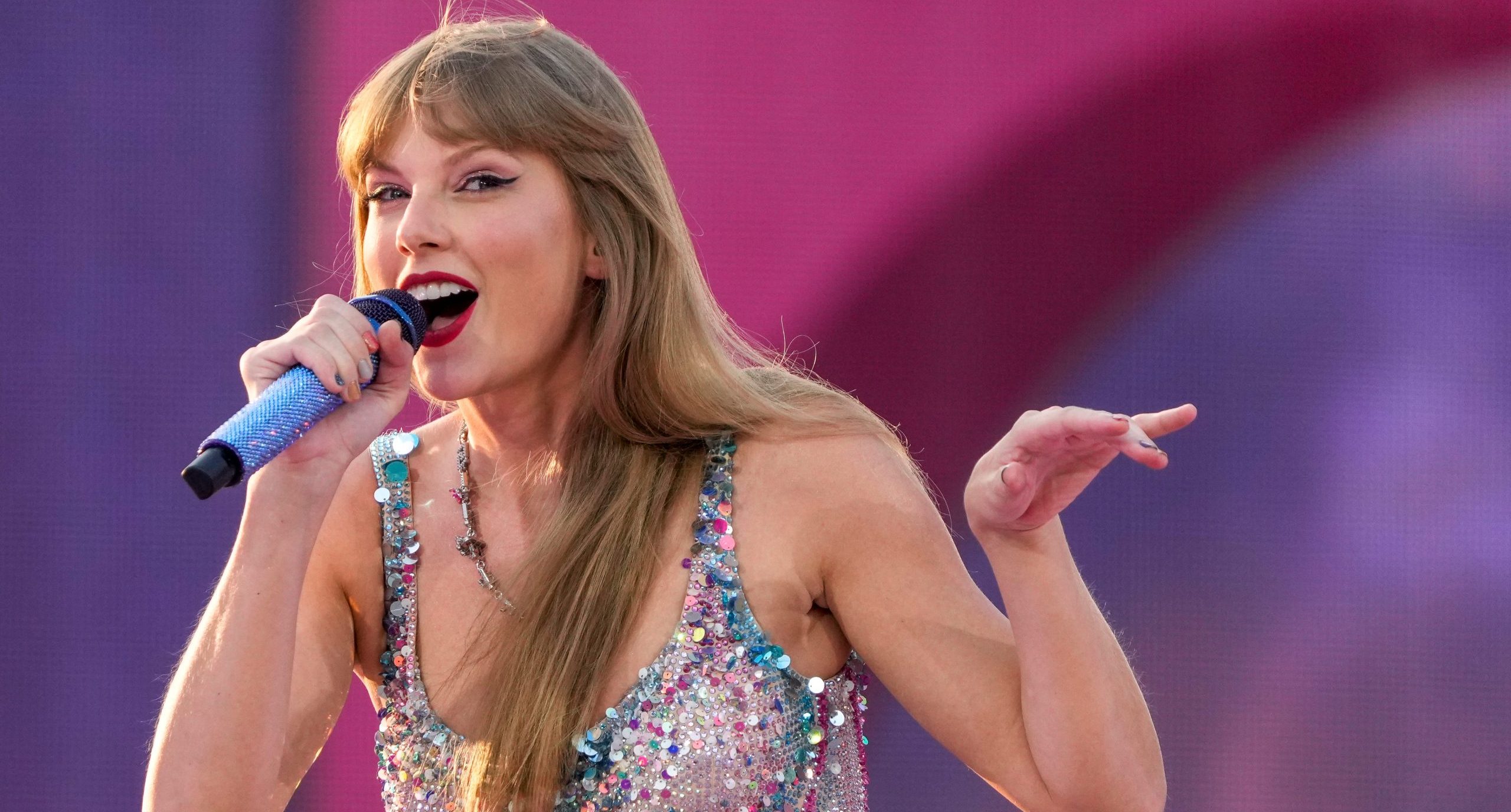
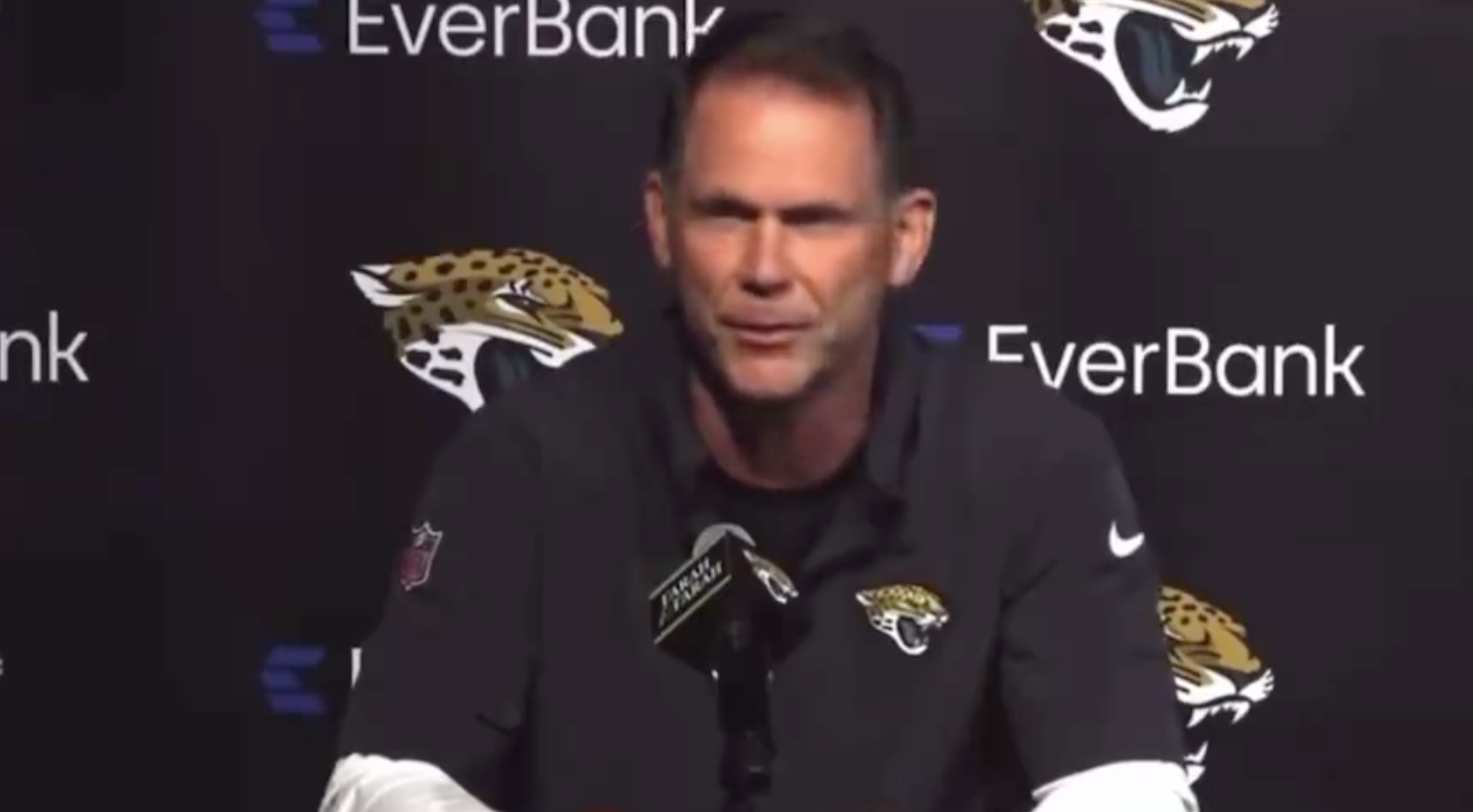
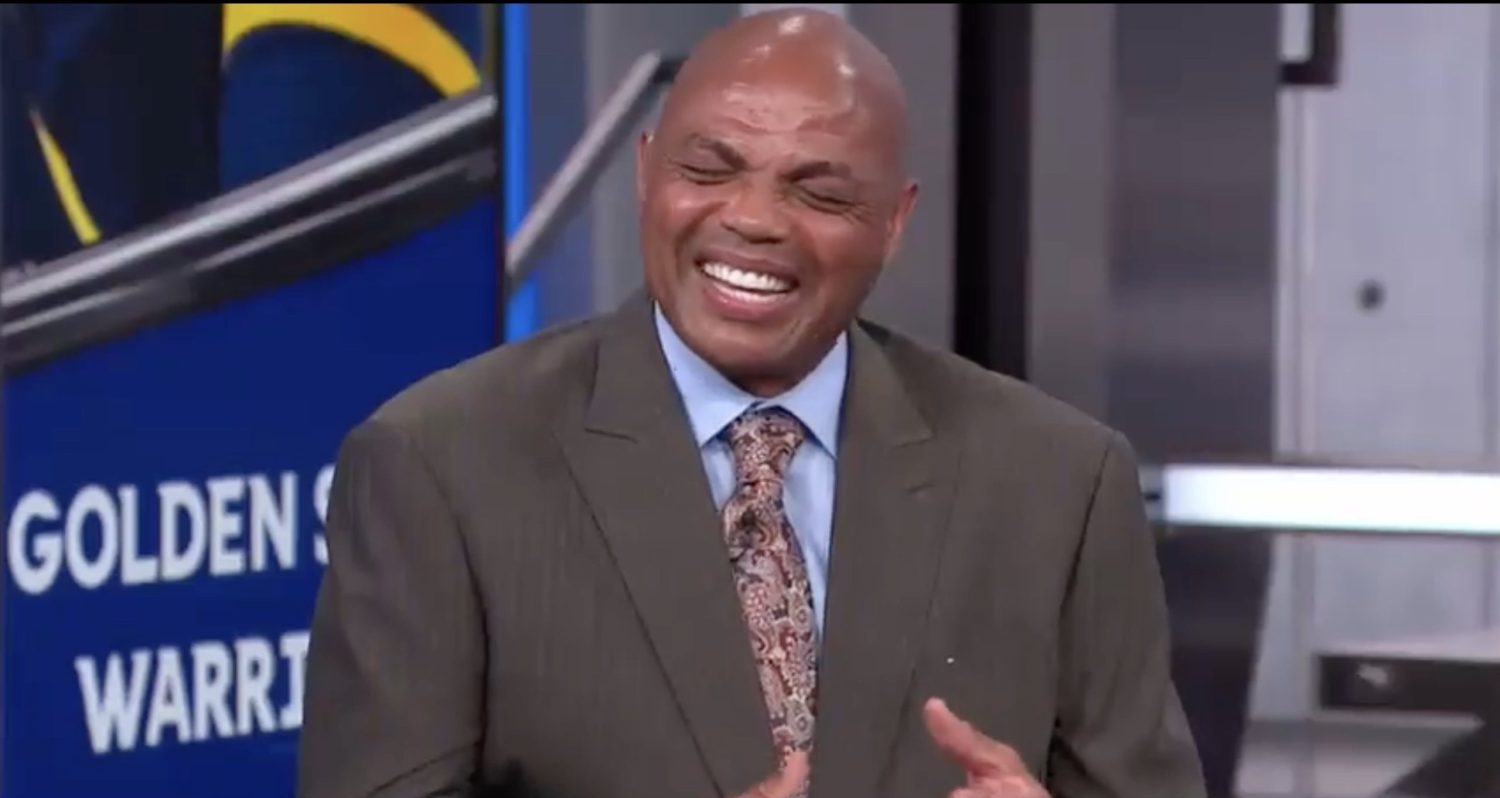
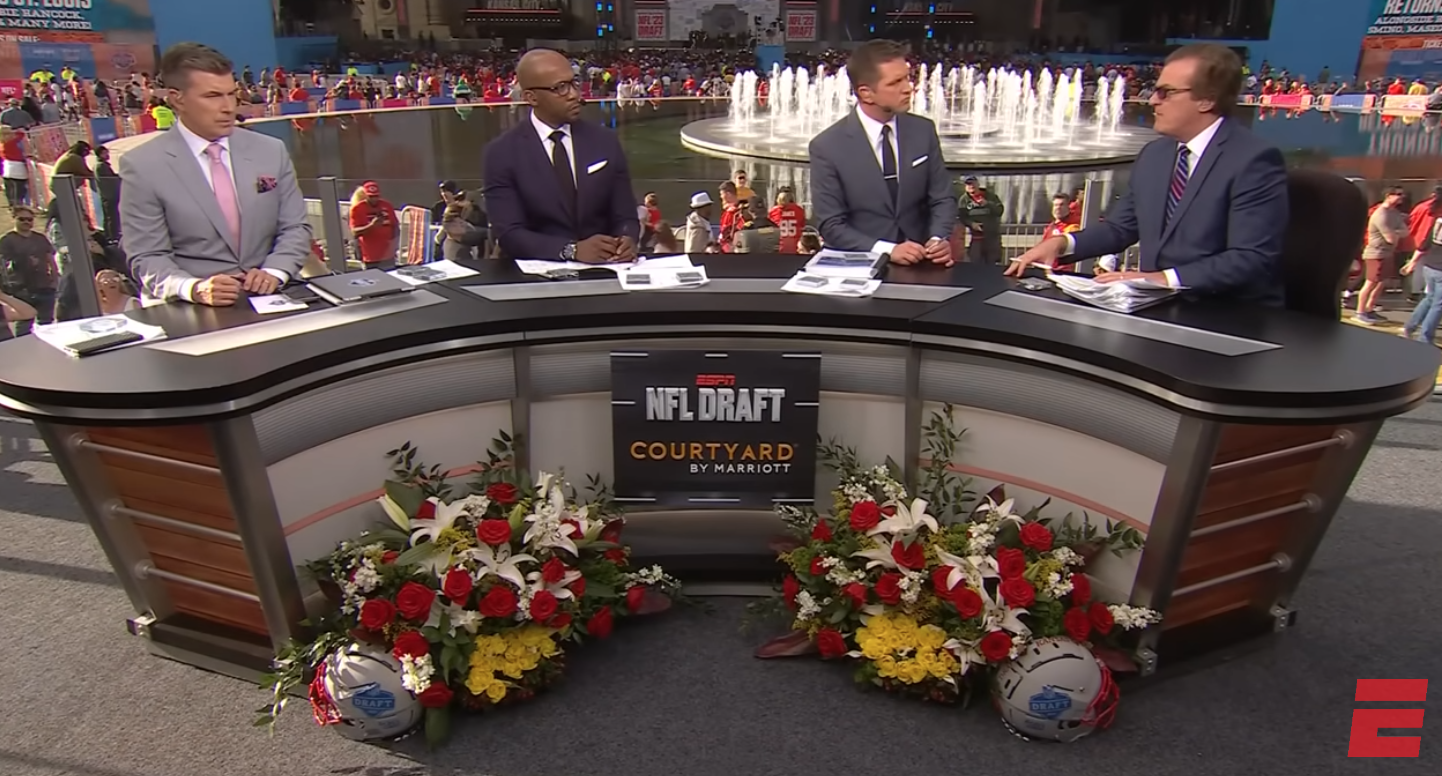
Comments are closed.